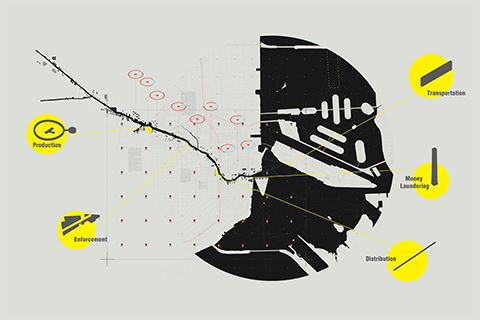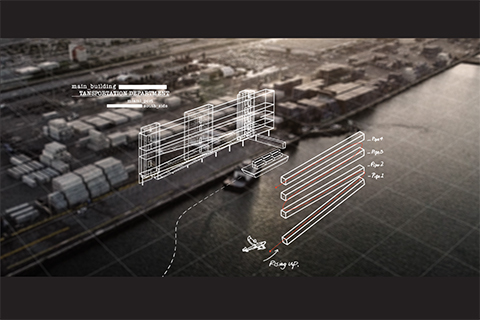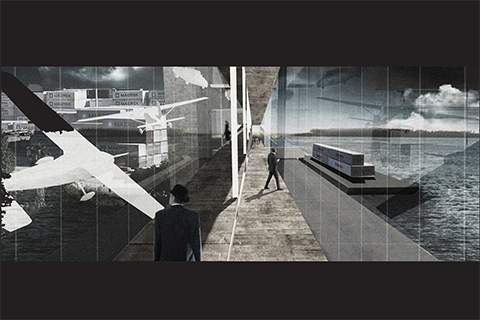ARC 604 - Immersive Architectural Design Studio 1
Environments of Exchange. As the first of 5 core studios in the MArch I program, ARC 604 aims to build a strong understanding of architectural fundamentals. Through a series of exercises of increasing complexity, the course presents architecture as a process-based endeavor, and foregrounds the important tools of the architect’s craft. Topics include conceptual diagrams, precedent analysis, architectural form and figure, dimensions and space, site, and architecture’s agency in facilitating interactions through programming and circulation.
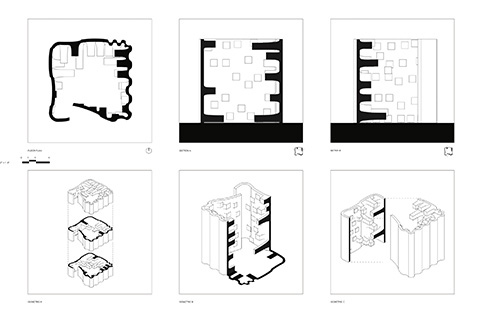
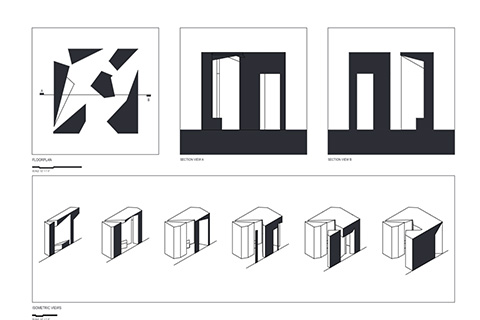
ARC 605 - Immersive Architecural Design Studio II
Material Form + Structured Space. This core design studio builds on the processes and skills introduced in ARC604, while shifting focus to the material realities of architecture. Exercises will emphasize the relationship between architectural form and physical materials, and explore how methods of construction inform the design of assemblies. Physical models that convey ideas, test structural behaviors, and validate imagery are shown to be a fundamental part of the design process. The studio also explores the promise and limits of new technologies, including computational design processes and digital fabrication, in the production of architecture.
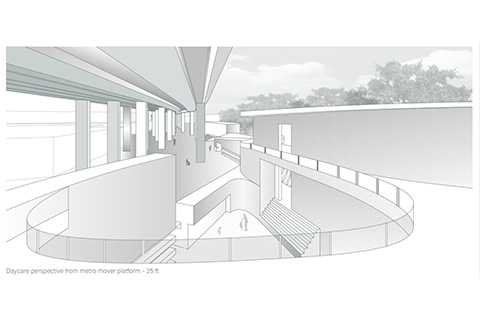
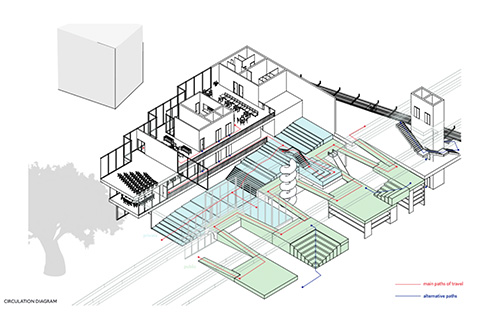
ARC 606 - Great Cities Design Studio
The Great Cities Design Studio uses design-based critical inquiry to address issues of site-specific design and infrastructure. This immersive travel-based studio provides ample opportunities for extensive student analysis and observation. Students will discover the layers of the City, combining archaeology and anthropology with architecture and history. Coursework emphasizes a critical assessment of the given site relative to questions of program, infrastructure, and cultural changes.
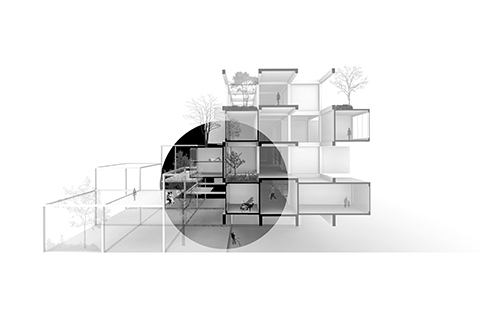
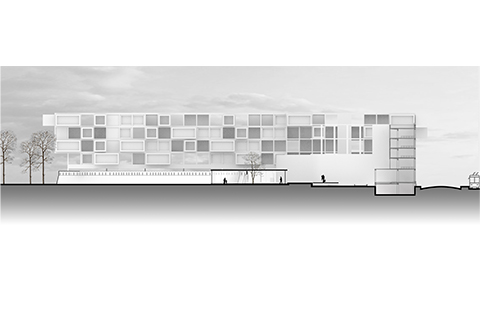
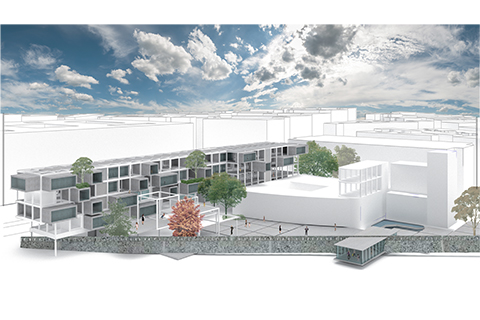
ARC 607 - Advanced Architectural Design Studio
Habitation + Housing. This advanced design studio addresses the complex interrelationships of a building, its context, and the defined program of housing. Through precedent research, key readings, typological studies and urban analysis, students will engage a critical discourse on the history and potential futures of architecture for domestic habitation. Exercises will focus on the application of material languages and material assemblies into the construction of buildings, as well as the interaction of buildings with people, climate resources and culture.
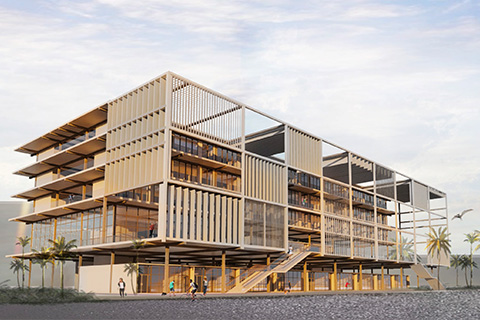
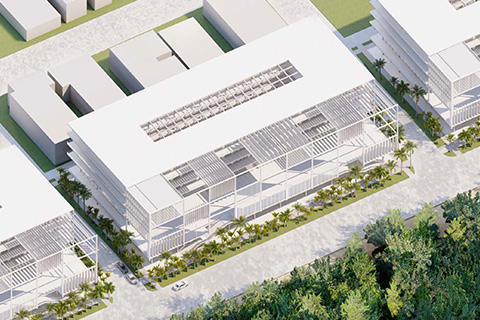
ARC 608 - Integrated Architecture Design Studio
Advanced Design Studio focusing on skills associated with making integrated architectural design decisions across multiple systems. Design decisions within a complex architectural project will focus on the consideration and broad integration of environmental stewardship, technical documentation, accessibility, site conditions, life safety, environmental systems, structural systems, and building envelope systems and assemblies.
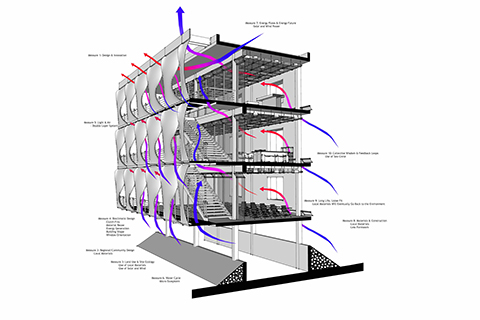
ARC 610 - Architecture Design Degree Project
The Architecture Design Degree Project takes one of three forms: 1) an individual design thesis on a topic selected and developed by the student through rigorous research, or 2) a directed design research group or 3), or a Vertical Studio. Individual thesis is an opportunity for each student, working with a faculty advisor, to define an individual position with regard to the discipline of Architecture. In contrast, design research groups are led by faculty, and address relevant architectural questions through the lens of the faculty's areas of expertise. All graduating students will be required to present their Degree Project, comprising research, analysis and creative work, through a juried review.
